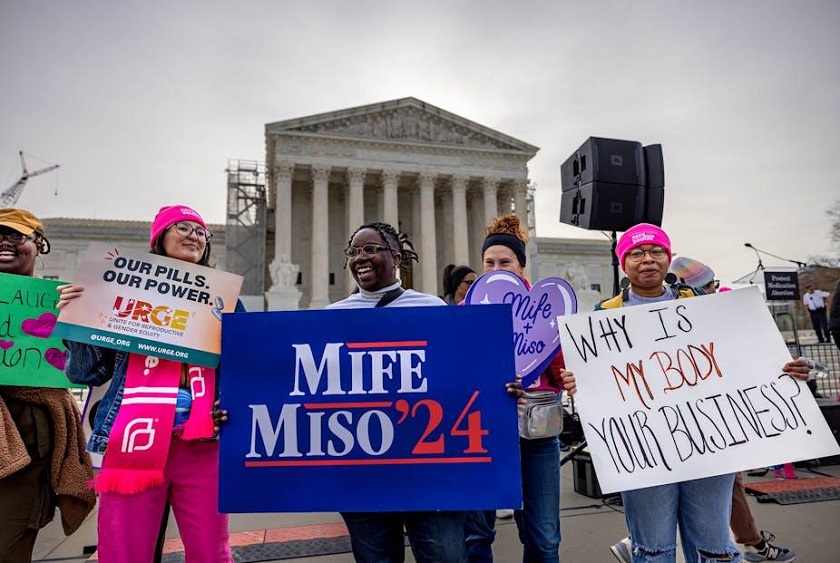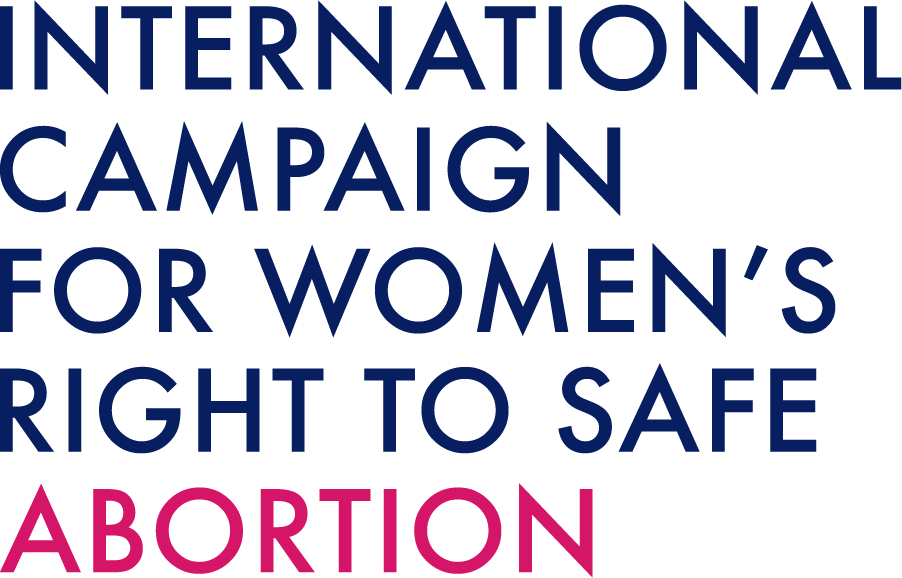
Supreme Court Unanimously Dismisses Lawsuit Targeting Medication Abortion

In a pivotal ruling on Thursday, the Supreme Court unanimously dismissed an extraordinary lawsuit aimed at restricting medication abortion by challenging the FDA’s approval of Mifepristone. This decision comes as part of a broader context of ongoing legal battles over reproductive rights in the United States.
Background and Context
The case, FDA v. Alliance for Hippocratic Medicine, originated from what many view as an egregious instance of judge shopping. A far-right Christian nationalist law firm, the Alliance Defending Freedom (ADF), orchestrated the lawsuit. In 2022, they assembled a group of anti-abortion doctors and dentists to serve as plaintiffs, arguing that Mifepristone is dangerously unsafe—a claim contradicted by over 100 scientific studies. The ADF created the Alliance for Hippocratic Medicine and strategically incorporated it in Amarillo, Texas, ensuring that the case would be heard by Judge Matthew Kacsmaryk, a known anti-abortion advocate appointed by former President Donald Trump.
Lower Court Rulings
Judge Kacsmaryk ruled in favor of the plaintiffs in 2023, declaring the FDA’s approval of mifepristone unlawful and ordering its removal from the market nationwide. His decision was supported by the U.S. Court of Appeals for the 5th Circuit, which imposed strict nationwide restrictions on the drug, making it challenging to access in many parts of the country. These rulings ignored extensive scientific evidence of the drug’s safety and were based on dubious studies later retracted.
Supreme Court’s Decision
In a unanimous decision, the Supreme Court overturned the lower courts’ rulings, criticizing the plaintiffs standing. Justice Brett Kavanaugh’s opinion meticulously dismantled the plaintiffs’ arguments, labeling their claims as speculative and unprecedented. Standing requires a direct link between the alleged injury and the action being challenged, which the plaintiffs could not establish. The court highlighted existing federal protections allowing doctors to refuse treatments that violate their conscience, undercutting the plaintiffs’ arguments.
Implications and Future Threats
While this decision prevents immediate restrictions on mifepristone, it does not signify a victory for reproductive rights. The case may continue in lower courts, where new challenges and legal strategies could emerge. Moreover, the Supreme Court avoided addressing the plaintiffs’ argument based on the Comstock Act of 1873, which could impose a nationwide ban on medical abortion if revived.
Ongoing Legal Battles
The decision underscores the broader legal landscape where reproductive rights are continually under threat. Anti-abortion advocates are expected to continue exploiting legal avenues to restrict access to abortion. This includes potential challenges to in vitro fertilization, state court attacks on reproductive freedoms, and a secondary, lesser-known abortion case still pending at the Supreme Court.
Conclusion
The Supreme Court’s dismissal of the lawsuit against mifepristone is a temporary reprieve rather than a definitive victory for reproductive rights. It maintains the status quo, allowing the FDA to regulate safe drugs and preventing baseless lawsuits from dictating abortion policies. However, the ruling highlights the ongoing legal and political challenges facing reproductive freedom in the United States. As the legal battles continue, the defense of reproductive rights remains a critical and contentious issue, requiring vigilance and advocacy in the face of persistent threats.




















